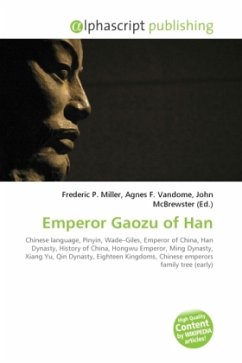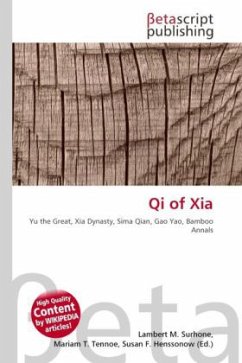High Quality Content by WIKIPEDIA articles! King Jie was the 17th and last ruler of the Xia Dynasty of China. He is traditionally regarded as a tyrant and oppressor who brought about the collapse of his dynasty. Records from the time of the Qin dynasty say that during the last year of Jie's reign, ice formed during the summer mornings and frosts occurred through July. Heavy rainfall toppled buildings, hot and cold weather arrived in disorder, and crops failed. Some scientists correlate this event with a volcanic winter, possibly due to the Minoan eruption of Thera c. 1628 BC. Around 1600 BC, Jie was defeated by King Tang of Shang, bringing the Xia Dynasty to an end. It was followed by the Shang Dynasty. The historian Sima Qian traces the origin of the Xiongnu people to Chun Wei, who was possibly a son of Jie. This account in Sima Qian's Shiji has also been interpreted as symbolic of the "barbarians" prominently represented by Xiongnu incursions into the civilization of Chinese empirical domains. Jie ascended to the throne in the year of Renchen. Initially, he held court in Zhenxun, where Tai Kang, the third King of the Xia Dynasty, had lived.
Bitte wählen Sie Ihr Anliegen aus.
Rechnungen
Retourenschein anfordern
Bestellstatus
Storno








